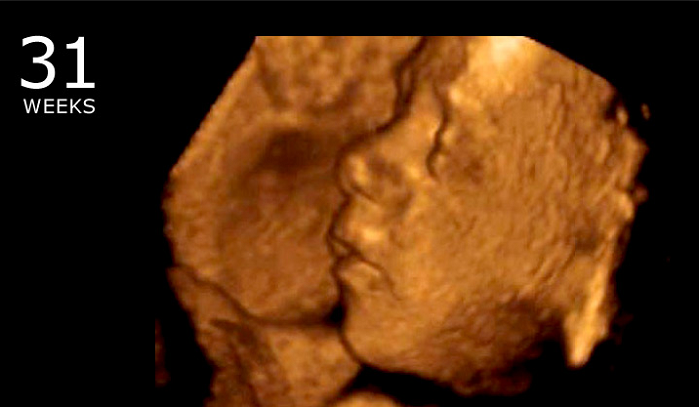A high court in India protected a late-term unborn baby from abortion this week, ruling that the abortion would be too risky for the mother.
The Times of India reports the mother, 24, wants an abortion because her unborn baby has a potentially fatal brain disorder. She is 31 weeks pregnant, far past the point of viability.
Abortions are illegal after 20 weeks of pregnancy in India. However, women or their families increasingly have been petitioning the country’s high courts for permission to abort their unborn babies after the limit, especially in cases involving fetal abnormalities or sexual assault.
At 20 weeks, an unborn baby already is fully formed and close to the point of viability (about 22-23 weeks). Later-term abortions also are risky and can be deadly for the mother.
In the latest case, the Bombay High Court appeared more concerned about the mother’s physical health than the baby’s life. Both lives should have been important considerations.
Despite the discriminatory attitudes toward the unborn baby, the court did reject the woman’s case and save the baby from abortion.
Here’s more from the report:
The HC had directed a seven-member medical panel, headed by Dr Ajay Chandanwale, dean of BJ Government Medical College and Sassoon General Hospital, to examine the woman. They did on January 11. Their report said the foetus was 30 weeks and five days into gestation and both she and her husband “were aware of the problem with foetus having neurological abnormality”. It is a case of corpus callosum Agenesis—a rare birth defect in which there is a complete or partial absence of the band of white matter connecting the two hemispheres in the brain. The report said that the couple earlier had a child with the same anomaly who died within six months.
Keep up with the latest pro-life news and information on Twitter. Follow @LifeNewsHQ
The medical board said it would have recommended an abortion because of the baby’s severe disability, but an abortion at such a late stage of pregnancy could endanger the mother’s health.
The “advanced gestation stage carries significant risk to the mother…so termination may be difficult,” the board told the court.
The good news is that the unborn baby will not be aborted. The bad news is that discriminatory attitudes toward unborn babies persist. Whether a baby lives for a few days or many years, they deserve a chance at life. A dying child — born or unborn — especially deserves comfort and care, not the brutality of abortion.








